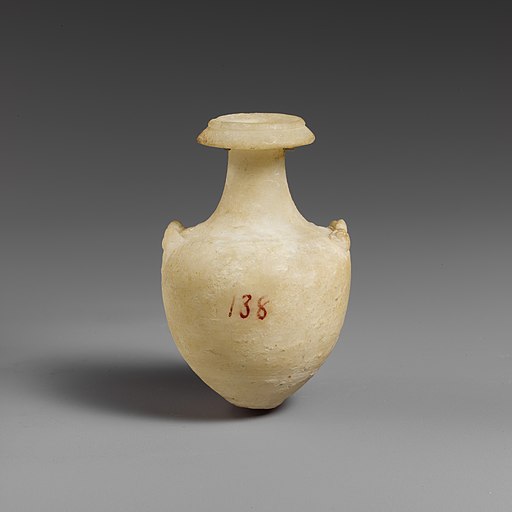
I want to invite you to join me in remembering the evangelical beauty which shines brightly from the fourteenth chapter of Mark’s Gospel (14:1- 9). The setting is a few days before Passover, when the religious leaders are secretly looking to arrest Jesus and hoping to put him to death. This scenario follows the end of Mark 13, a “little apocalypse,” in which Jesus calls his followers to be always awake and alert for the arrival of God’s reign: “Watch, ye therefore, for ye know not when the master of the house cometh, at evening, or at midnight, or at cockcrow, or in the morning, lest coming suddenly he finds you sleeping.”
This command of Jesus, to be alert, becomes even more urgent when he travels to Bethany on the outskirts of Jerusalem, where he goes to the home of a man named Simon the Leper. As we all know, in the Gospels, table-fellowship at the homes of social outcasts, sinners, and excommunicates such as Simon provide surprising appearances of God’s reign when Jesus is present. Each of these scenes points to a particular depth in the conditions of people’s lives out of which unexpected expressions of repentant love are opened to God’s boundless goodness and mercy.
The astonishing implication is that the joy of the Messianic banquet, celebrating the time of Israel’s restoration, is experienced as women and men are welcomed by Jesus into the fellowship of God’s reign without distinctions. As it has been said, “Whoever touches this man, touches God in every instance … Whoever sees or hears this man, sees and hears God himself. Whoever receives this man in his home, shelters God under his roof. Whoever eats and drinks with this man eats and drinks with God … in His kingdom.”
And the meal with Jesus at the home of a poor leper was enjoyed in stark contrast to an earlier meal in Mark’s Gospel; a gathering at the household of King Herod which was an impressive display of wealth, social influence, political power, and “glory.” (Mark 6). On the other hand, the glory that illuminated Israel through Jesus was not for the purpose of creating a better life for the privileged, but to bring the divine brilliance to the whole world, as light to the nations.
All were seated in Simon’s home when an unnamed woman appeared holding an alabaster jar of expensive ointment of nard, something typically associated with luxurious excess and sensuality. The Song of Songs, for example, has the bridegroom describing the charm and beauty of his maiden: “Behold, you are beautiful my love, you are beautiful!” (1:16). He calls her to accompany him and praises the fragrance of her love: “How sweet is your love my sister, my bride! ... Your shoots are an orchard of pomegranates, with all choicest fruits, henna with nard, nard and saffron, calamus and cinnamon, with all trees of frankincense, myrrh and aloes, with all chief spices—a garden fountain, a well of living water, and flowing streams from Lebanon” (4:10-11). When such extravagant praise of the beloved is expressed its loveliness overflows to affect others. “Awake, O north wind, and come, O south wind! Blow upon my garden, let its fragrance be wafted abroad” (4: 16).
Breaking open the jar, the woman poured the ointment onto the head of Jesus as an act of love, honor, and devotion, anointing him in anticipation of his suffering and death. Some of those present were outraged by this ostensibly foolish, wasteful act, protesting that the value of the nard, approximately one year’s wages, should have been used for the poor as required by the Law (cf. Deut. 15). Jesus told them to leave the woman alone, declaring she had done a “beautiful thing.”
It was not the time for calculating what they could accomplish, given the astonishing arrival of God’s reign in the presence of Jesus at the home of a poor leper. No amount of human action, even with the best of intentions, can surpass the extravagance of God’s mercy displayed in the life and death of Christ who pours himself out for the life of the world. The unnamed woman beautifully depicts the essence of faith as a recognition of sacrificial love and honor freely offered to the beloved. As we begin Holy Week, may we join with the unnamed woman in offering ourselves wholeheartedly to the Lord who gave himself without reserve for us and our salvation. And may the Spirit of the crucified and risen Lord make our lives a truly beautiful thing in a world so deeply malformed by the ugliness of sin, evil, and death.
Dr. Michael Pasquarello is the Methodist Chair of Divinity and director of Robert Smith Jr. Preaching Institute at Beeson Divinity School.
